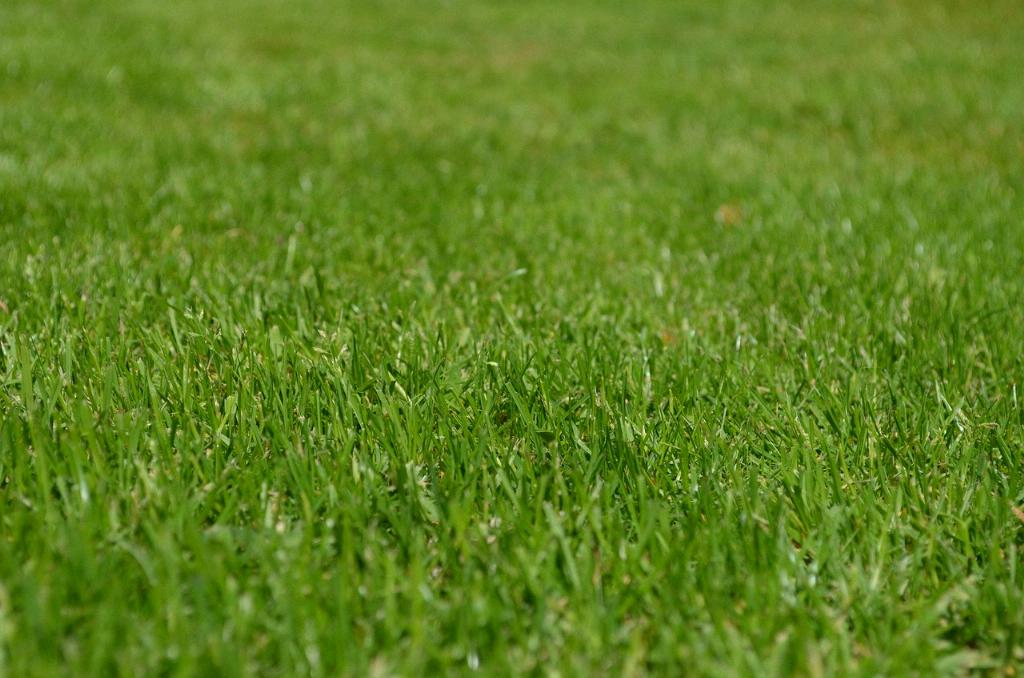Before delving into effective ways to combat lawn fungus, it is crucial to comprehend the detrimental effects it can have on your lawn. Fungi not only mar the aesthetic appeal of your green expanse but can also hinder the healthy growth of your grass, leading to brown patches and deterioration of overall lawn health.
Utilizing Baking Soda for Effective Fungus Control
One potent remedy for combating lawn fungus is the application of baking soda. This kitchen staple aids in creating an alkaline environment that is hostile to fungal growth. Whether applied manually by spreading it across affected areas or mixed with water for a spray solution, baking soda’s effectiveness in eliminating fungi is well-documented.
Exploring the Benefits of Dish Soap
In addition to baking soda, another natural solution that can aid in tackling lawn fungus is dish soap. The surfactants present in dish soap help in breaking down fungal spores, thereby curbing their proliferation. Mixing dish soap with water and applying it to affected areas can prove to be a simple yet effective remedy.
Implementing Preventive Measures
Prevention plays a crucial role in mitigating the recurrence of lawn fungus. Adequate lawn care practices such as proper watering, ensuring good air circulation, and regular mowing can help create an environment that is less conducive to fungal growth.
Embracing Organic Fertilizers
Organic fertilizers enriched with beneficial microorganisms can enhance the natural resistance of your lawn against fungal infestations. These fertilizers not only nourish your grass but also contribute to fostering a robust soil ecosystem that can combat pathogens effectively.
Considering Neem Oil as a Natural Fungicide
Neem oil, derived from the seeds of the neem tree, possesses antifungal properties that make it a valuable asset in the fight against lawn fungus. Regular application of diluted neem oil can act as a protective shield, preventing fungal infections and promoting the overall health of your lawn.
Employing Proper Watering Techniques
Overwatering or underwatering your lawn can create an environment favorable for fungal growth. Ensuring that your lawn receives adequate but not excessive water, preferably in the early morning to allow for proper drying, can significantly reduce the risk of fungal infections.
Opting for Reseeding and Aeration
Reseeding bare patches in your lawn and performing regular aeration can help in revitalizing the turf and minimizing fungal outbreaks. Healthy, dense grass coverage can act as a natural barrier against fungi, preventing their establishment and spread.
Exploring Cultural Practices for Fungus Control
Practicing good lawn hygiene, such as removing thatch buildup, avoiding excessive use of nitrogen-rich fertilizers, and cleaning lawn equipment to prevent the transmission of fungal spores, can go a long way in maintaining a fungus-free lawn.
Seeking Professional Assistance
If your lawn fungus issue persists despite your best efforts, consulting with a lawn care professional can provide valuable insights and tailored solutions. Professionals can diagnose the specific type of fungus affecting your lawn and recommend targeted treatment strategies.
Emphasizing Timely Intervention
Addressing lawn fungus at the earliest signs of infestation is crucial to prevent its escalation and widespread damage. Regular monitoring of your lawn for any unusual discoloration or texture can help in timely identification and prompt action against fungal threats.
Conclusion
In conclusion, tackling lawn fungus requires a multifaceted approach that combines natural remedies, preventive measures, and sound lawn care practices. By implementing these strategies diligently and staying vigilant against fungal threats, you can ensure a lush, healthy lawn that thrives free from the grasp of destructive fungi.

